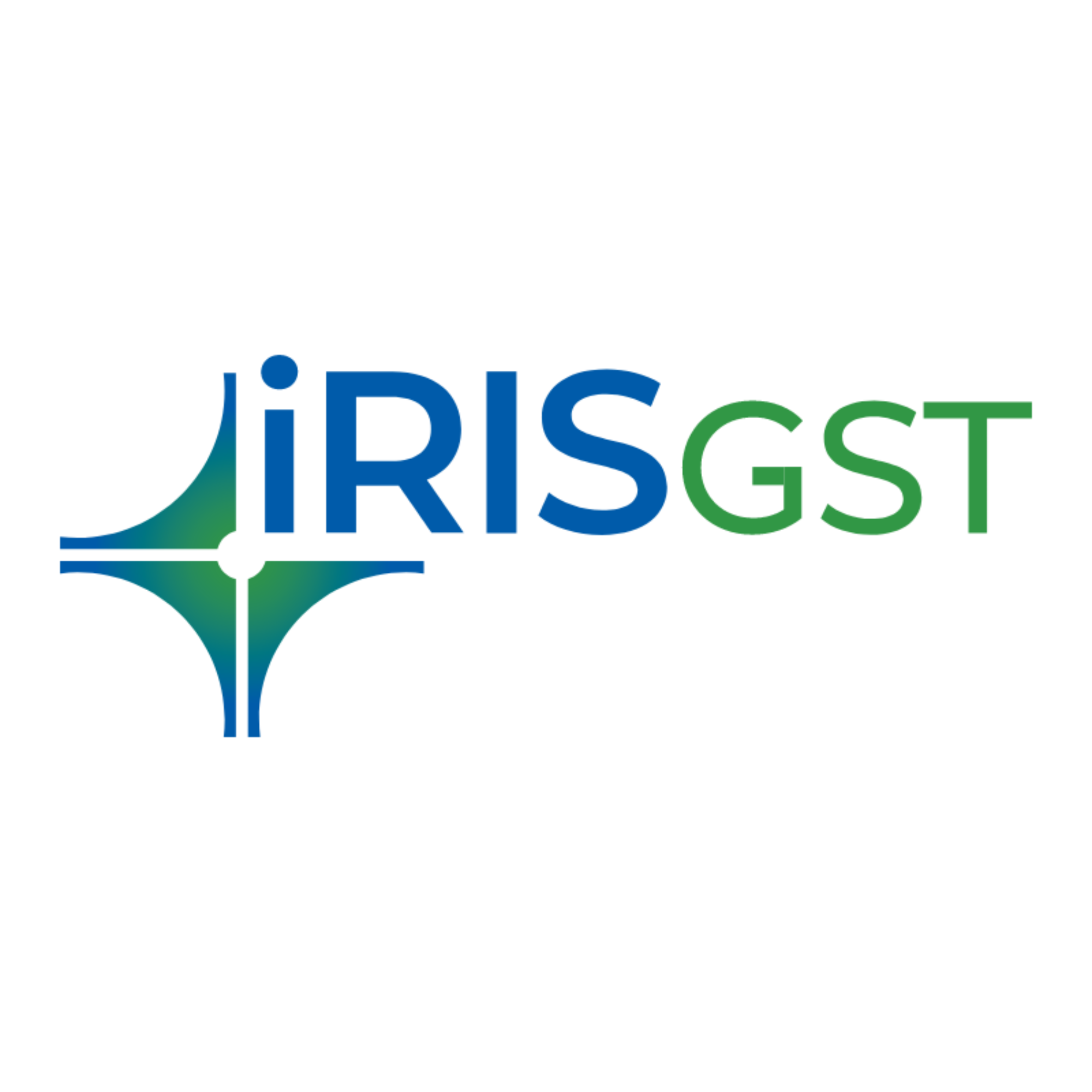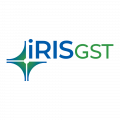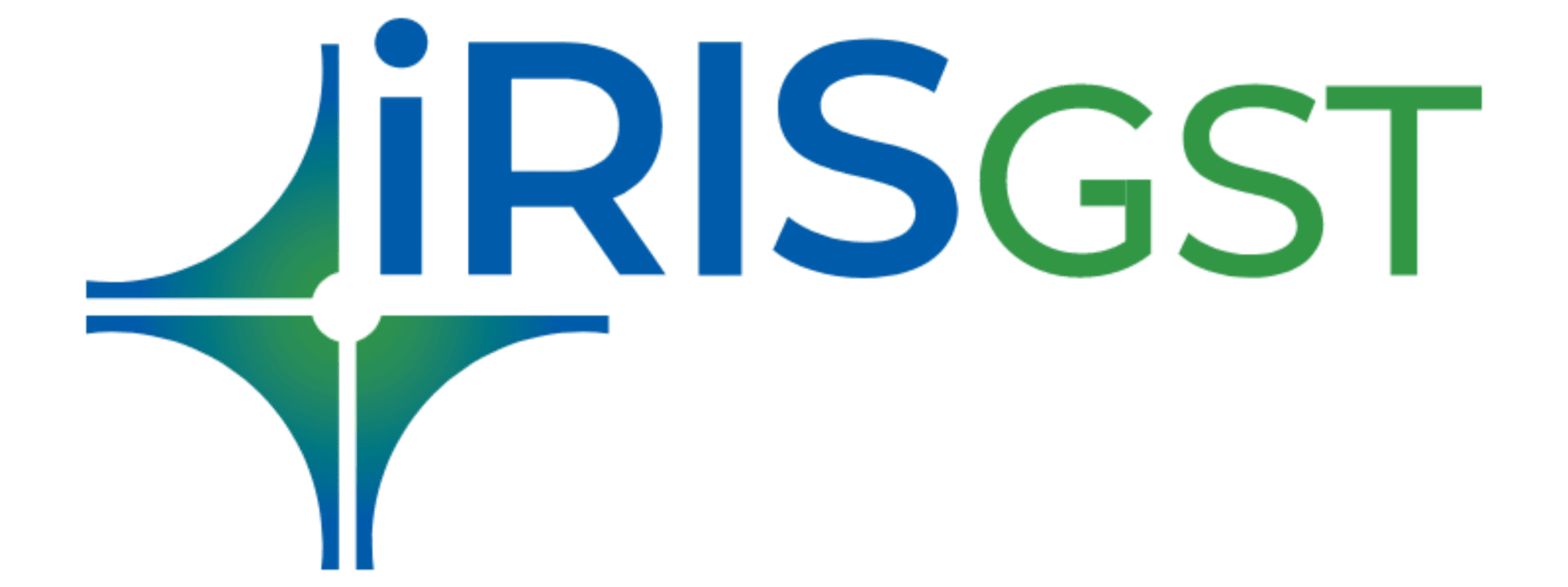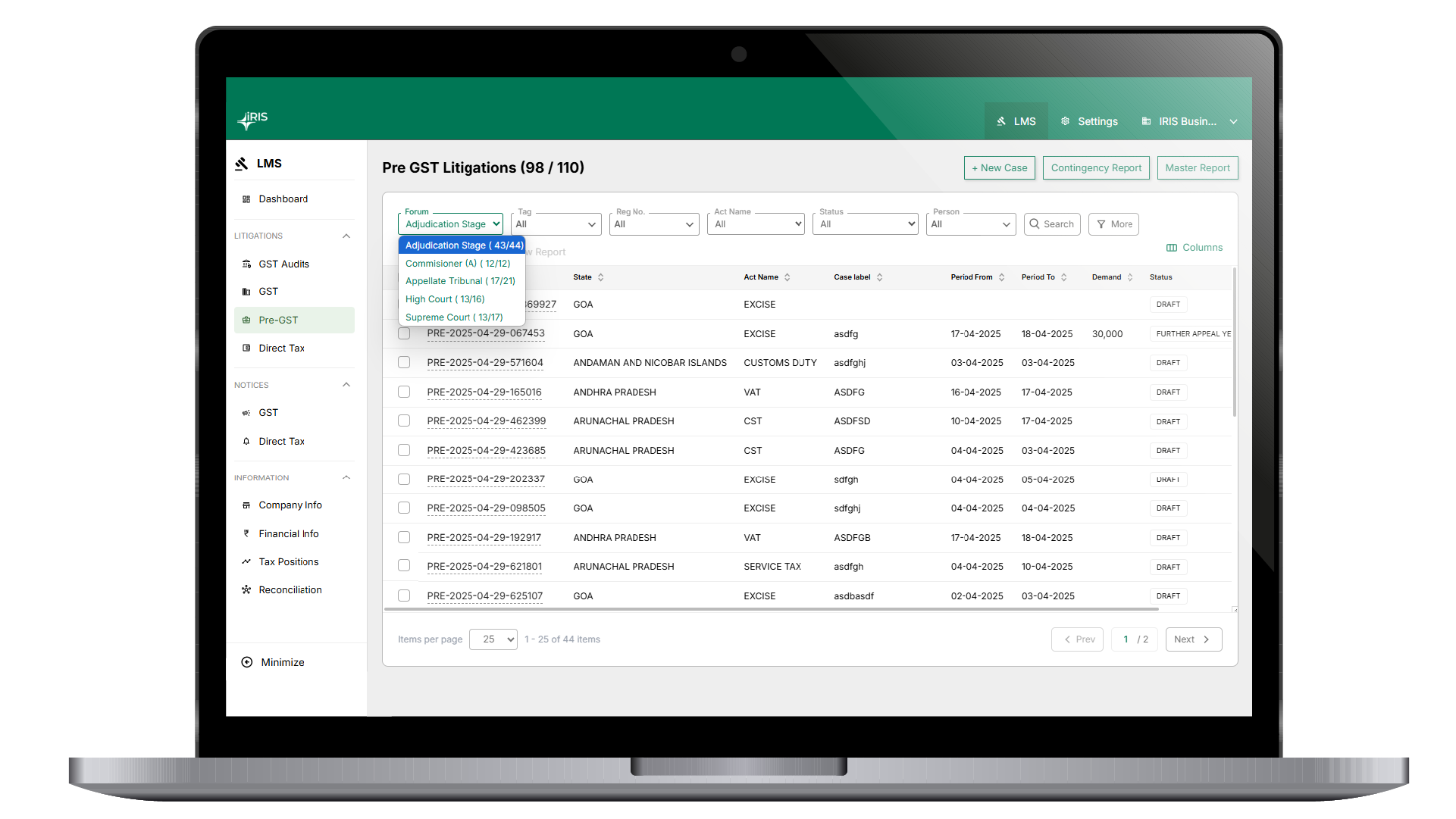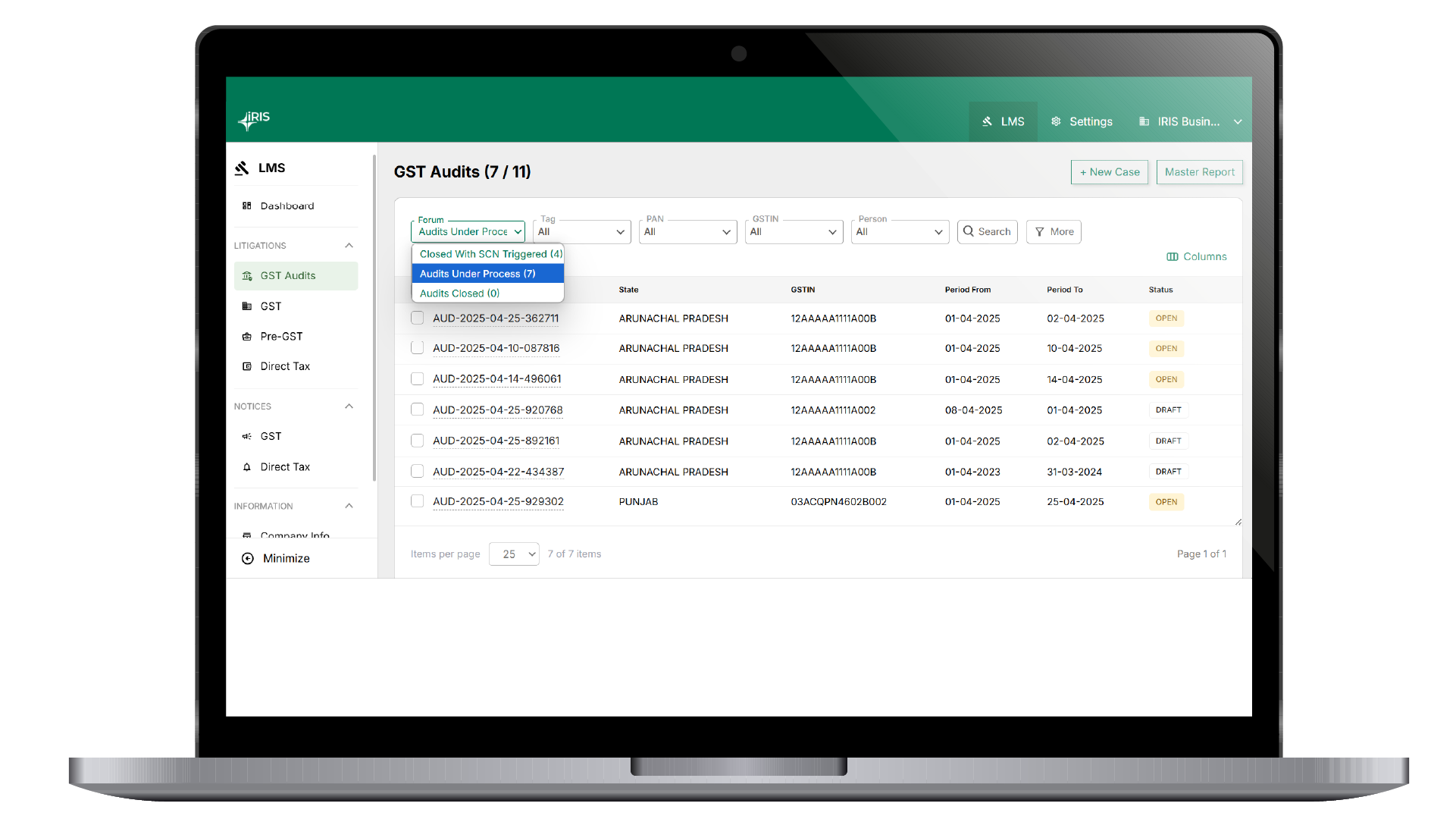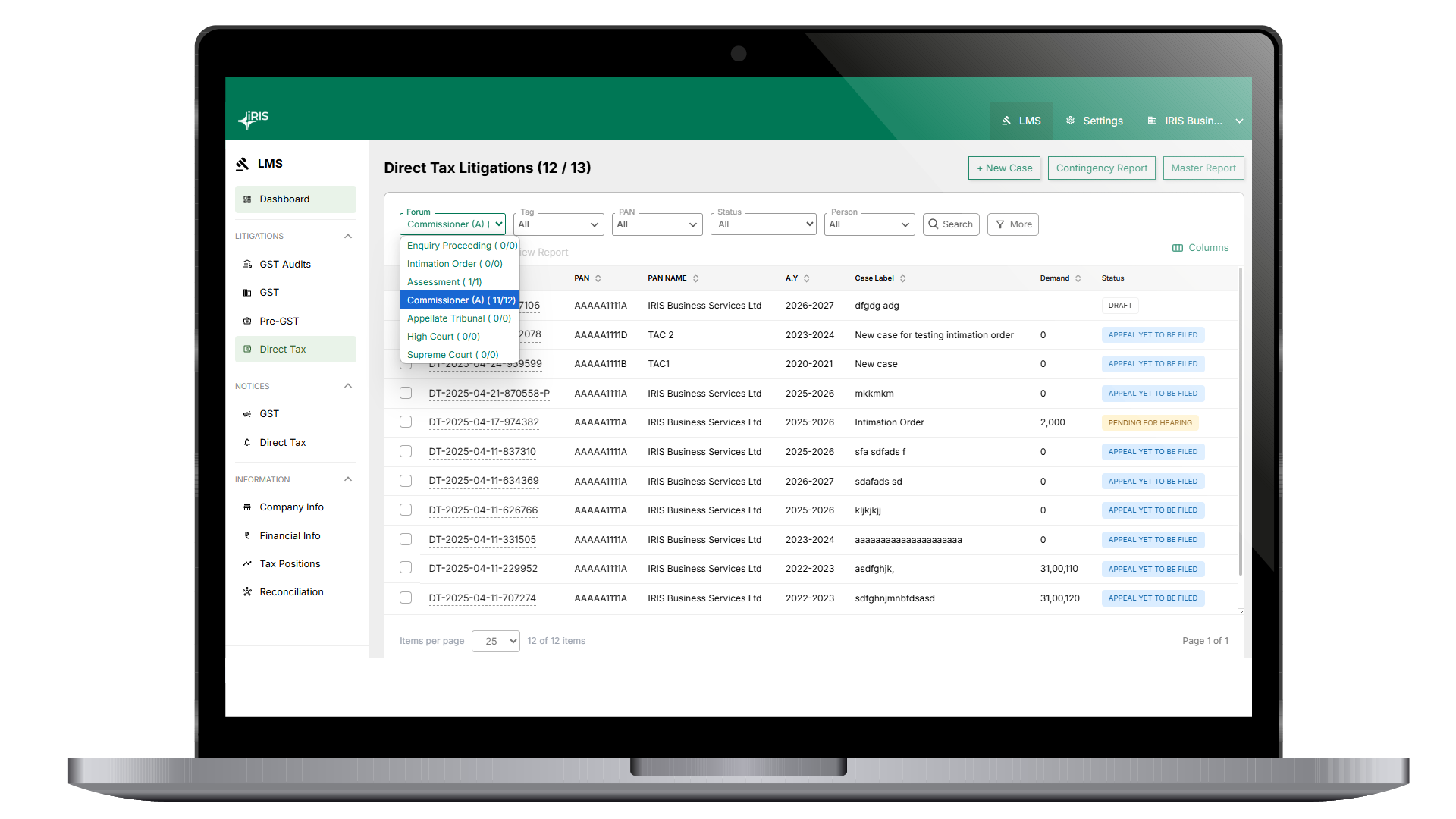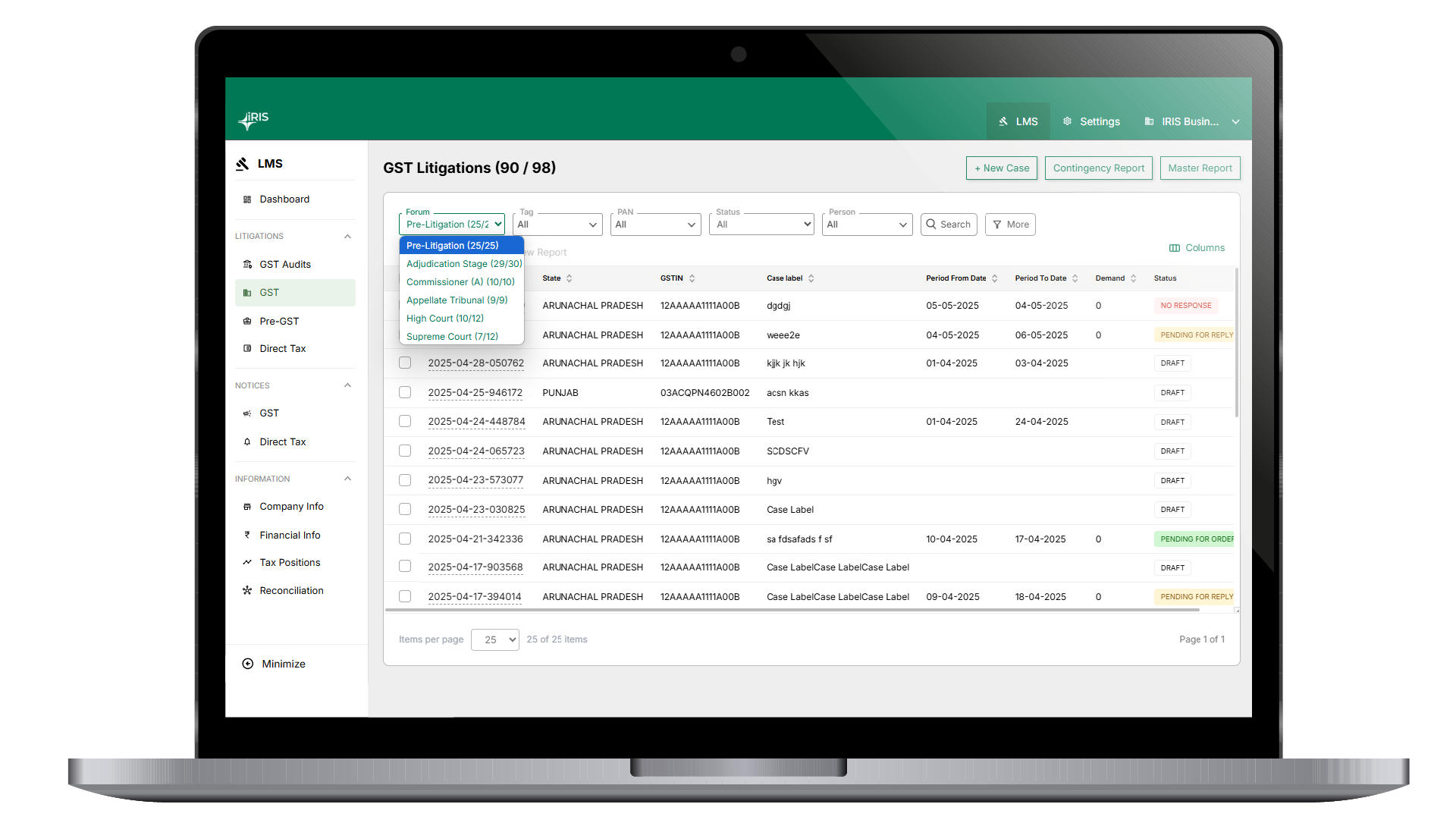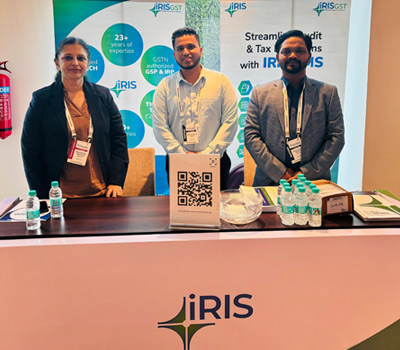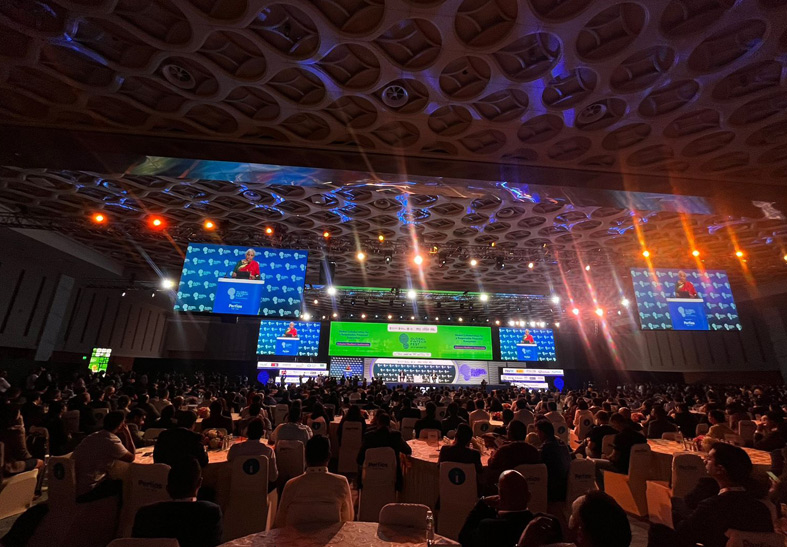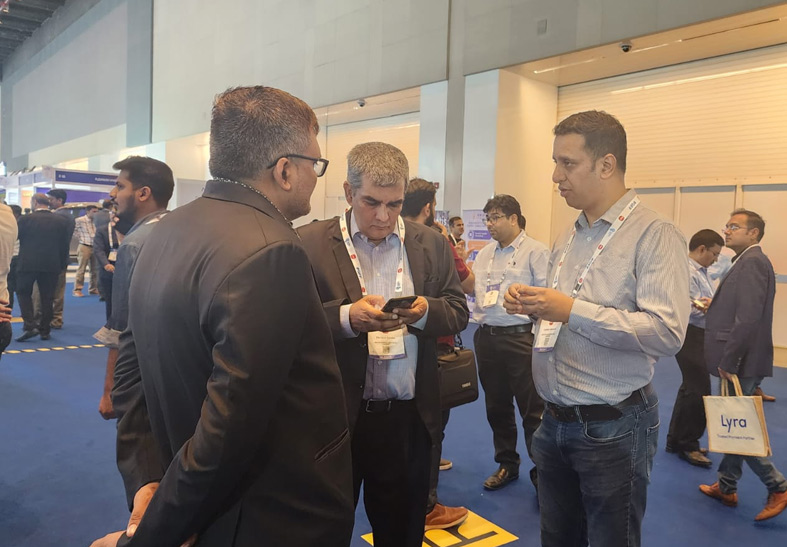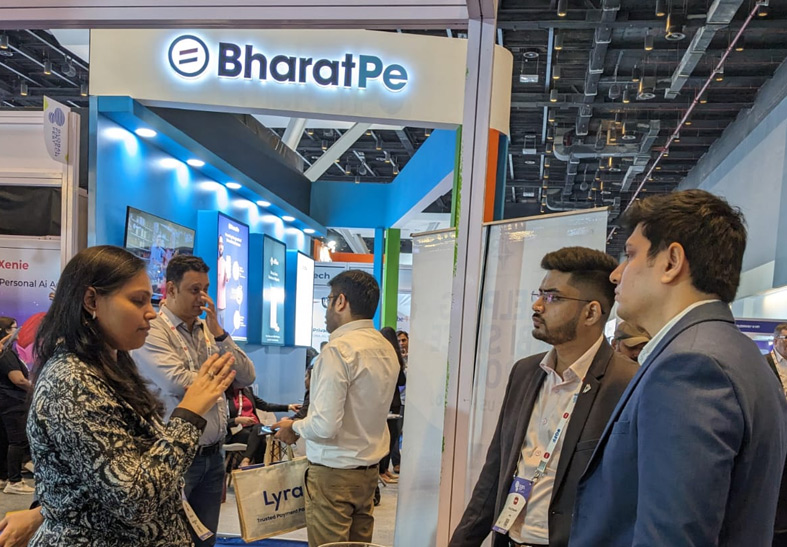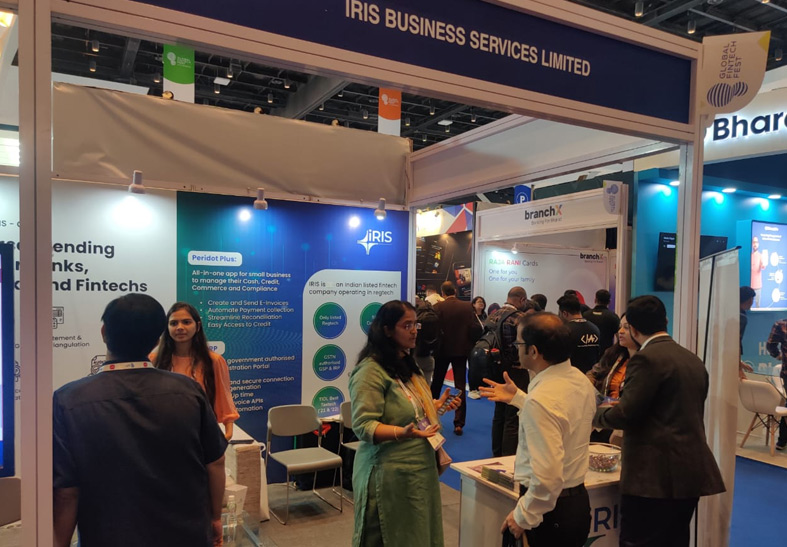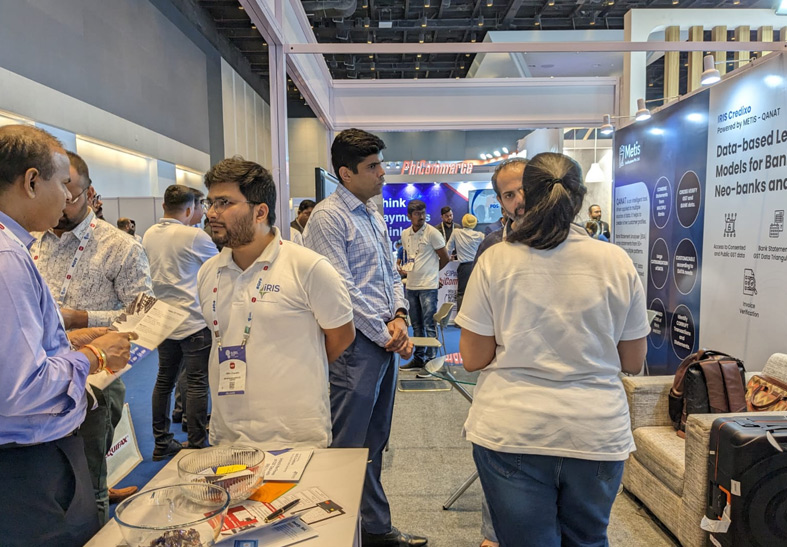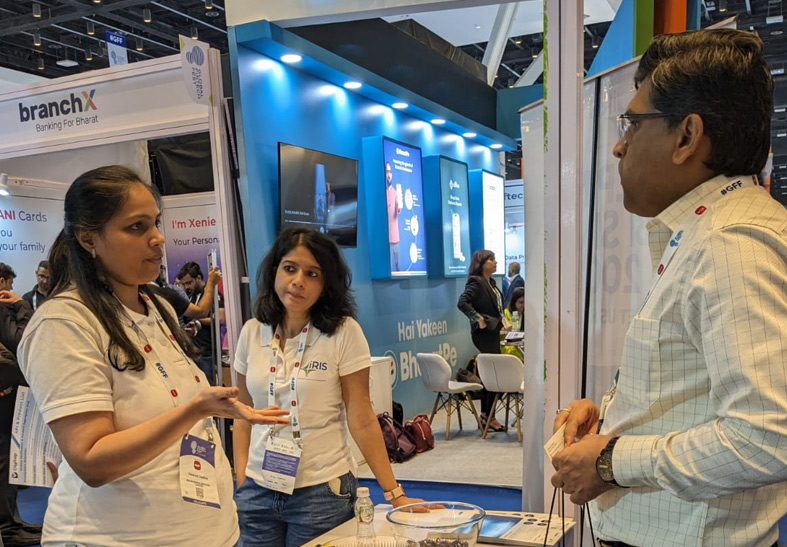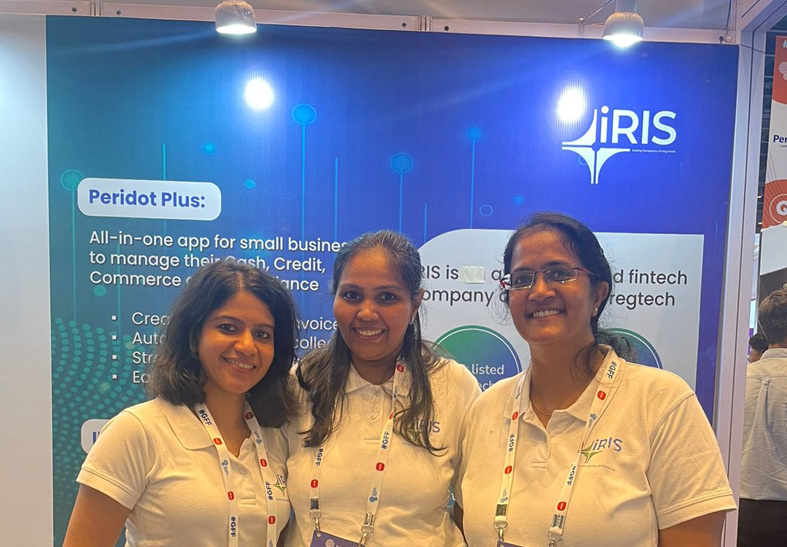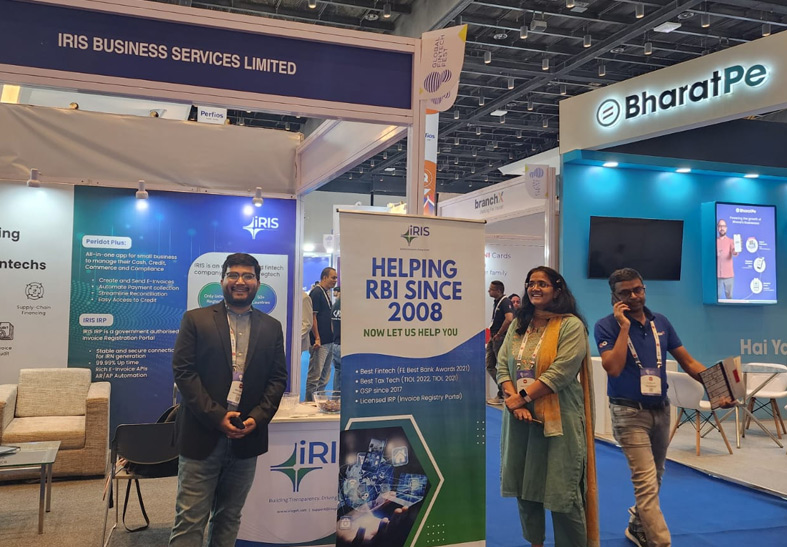The GST Council Meeting is held every few months to discuss rate changes or to update new changes in GST law. The GST council meetings are highly anticipated and are crucial for the growth and development of business communities in the country. Until now, we have had 46 GST council meetings that laid guidelines, rules and regulations plus law changes, exemptions among other significant changes in GST.

GST Council Meeting Updates
The Most Recent being the 55th and the Oldest being the
11th GST Council Meeting Key Highlights
We’re here to help.
Whether it’s doubts, demos, or deep dives into our products, don’t hesitate. We’re just one click
away from making your compliance journey smoother.
